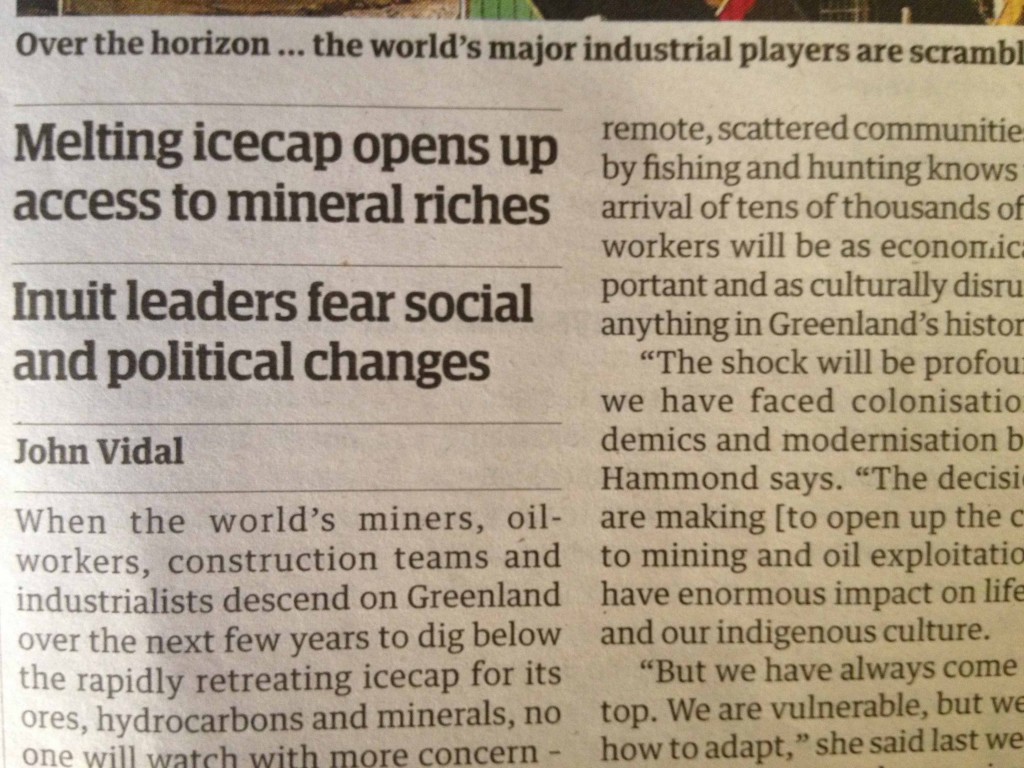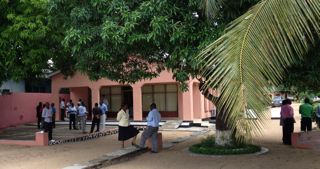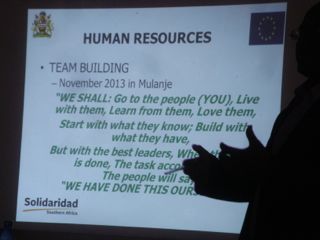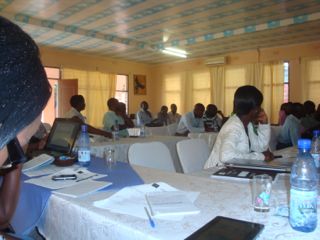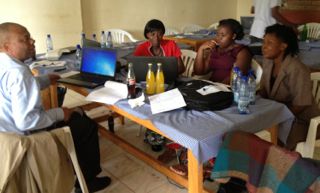One of the great inventions of The New Development Paradigm (TNDP) is the LogFrame. It provides a link between a concrete activity (which we can control) and a desired effect within the broader system (which we can influence at best). As a framework based on logic it overcomes the limitations of acting out of ideology or belief, but does not negate the role of culture.

My understanding is that it was created by USAID in 1969, the same year as the landing on the moon. It provides a format that sets out the logical relationship between an ‘Activity’ (Space program) an ‘Output’ (such as ‘Moon Landing’) and an ‘Outcome’ (such as ‘Americans feel good about themselves’). The ‘Outcome’ being the important part of TNDP. In between the ‘Output’ and ‘Outcome’ is the ‘Strategy’, which in simple terms is the thinking behind the logic. In this instance it might have been ‘Demonstration of US technical capability’.
In it’s original format, each layer of logic contained both a method of measurement and also the assumptions behind each.
| Level of Logic | Assumptions | ||
| Outcome | American Sense of Pride | That people would feel good about such a feat | |
| Strategy | Demonstrate US technical capability | That there are no glitches | |
| Output | Man on Moon | That it is technically possible | |
| Activity | NASA space program | That there would be the $$ available |
Over the years the LogFrame has become both a core element of International Development Programs, and also highly reviled. I’ve been wondering if the derision is because a common (but unstated) ‘assumption’ is that other peoples values are the same as ours. In other words, there is an assumption that no longer having to go to the river to collect water, but having a water point within 300m will be a cause of great happiness. It does not allow that perhaps something more important would be having the opportunity to talk with friends whilst walking to the river.
Some examples of how the logic stacks up, but only if the assumption is that the values of those providing the service or describing the logic and the beneficiary are the same.
Consider five scenarios each starting with the same goal or outcome: ‘Having a happy family”. In each case the logic is a reflection of the ideology or values of the person developing the plan.
- Water Engineer: Achieve your Goal of a happy family, with having easy access to fresh water (Strategy). This requires a reticulated water system (Output) and you should volunteer to dig the trenches this afternoon.
- Health Advocate:To achieve your Goal of a happy family, requires that they have access to a good health service (Strategy). This means having a doctor in town (Output) and you should sign this petition for one right now. (Action)
- Politician (elected representative):To achieve your Goal of having a happy family, requires them to be well represented (Strategy). Thus you should elect me to represent you, (Output) and an action you could take is to vote for me today.
In each case the logic works well. The problem is that none of them are ours. I was advised by a colleague the other day that ‘being happy’ was such a Western concept. For Africans, she told me, survival is what is important.
By structuring the log frame in response to a different reality to ours this then helps explain the logic behind something that we might find illogical. An example being how a beneficiary gives away half the free seeds and fertiliser provided by an Aid Agency that was to ensure that the family would have enough food for the whole year.
| Level of Logic | Description | Assumptions |
| Outcome | Better chance of survival | Outsiders (Aid agencies) come and go. |
| Strategy | Enhance and build on my social capital | That if a child gets sick, it will be the neighbours that will help. |
| Output | Insufficient seeds to grow food for whole of year. | But more than before when I had nothing |
| Activity | Give half of allocated free seed and fertiliser to friends and neighbours | They will be happy with what I am offering, and will help me in the future |
Facilitator: The logic of the facilitative approach is based on the assumption that your values are different to mine. The Technology of Participation process, (which evolved out of reconstruction activities in the aftermath of the Chicago Race riots of the early 1970’s), enables the logframe to be developed by the one who owns the problem. The role of the facilitator is to ask the questions in an order that generates the answers by participants.
| Level of Logic | Question | Notes |
| Outcome | What is your goal? | To have a happy family/To survive etc. |
| Strategy | What are the underlying blockages to that ? | A simpler way of answering than ‘what is your strategy’? |
| Output | What concrete, actionable, time bound things could you do to overcome this blockage? | The output, which is the limit to what we can actually do |
| Activity | What Actions do you need to do to achieve the output? | The ‘step by step’ actions to complete the task |
If there is a need to put the LogFrame developed this way into a funding proposal or report, simply change the answer provided to the Strategy Question from a negative to a positive and call it ‘Strategy’ e.g.: ‘Enhance and build on my social capital’ could have come from the answer ‘I owe a lot to my friends and neighbours’.

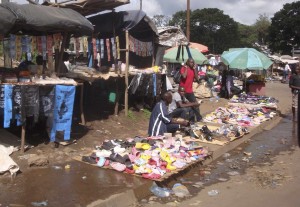


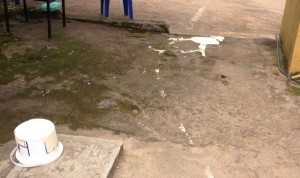 My colleague says that there is no culture of learning within Malawian society. Perhaps he’s right, or perhaps it is a charge that can be levelled at every culture and it is more about what is important to who. Either way, it all certainly adds to the colour of life (and office!).
My colleague says that there is no culture of learning within Malawian society. Perhaps he’s right, or perhaps it is a charge that can be levelled at every culture and it is more about what is important to who. Either way, it all certainly adds to the colour of life (and office!).